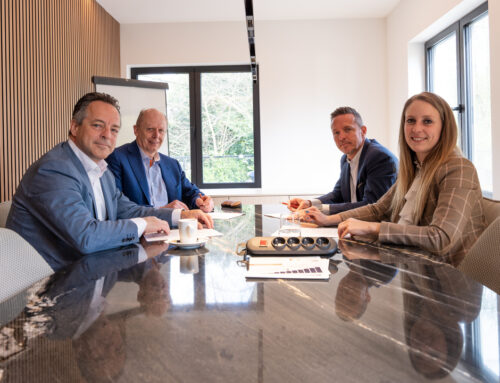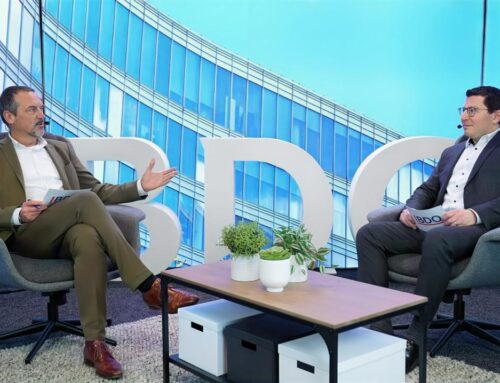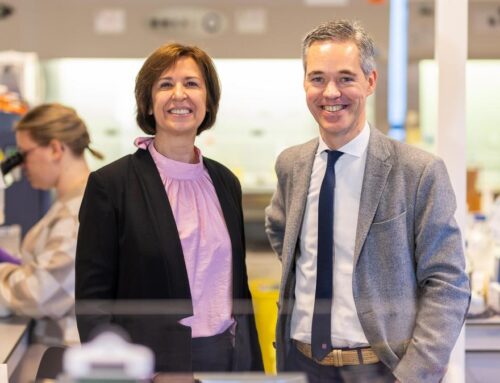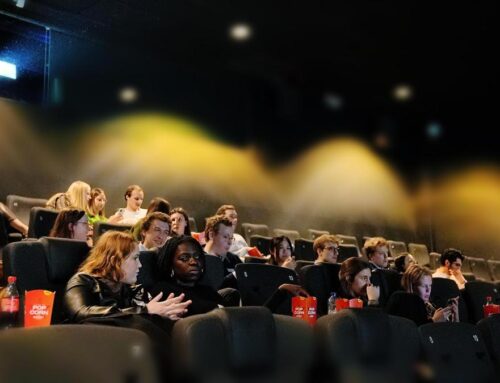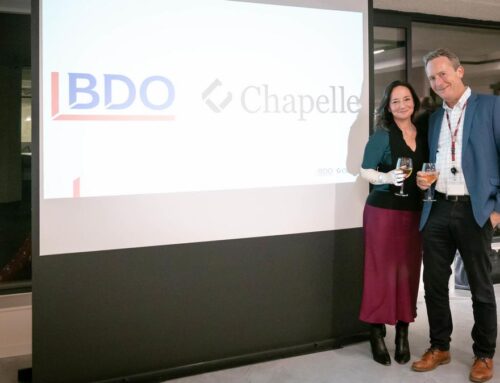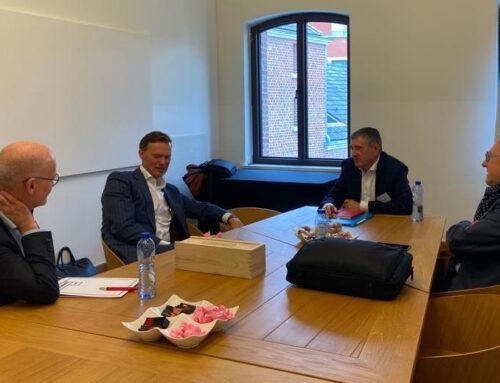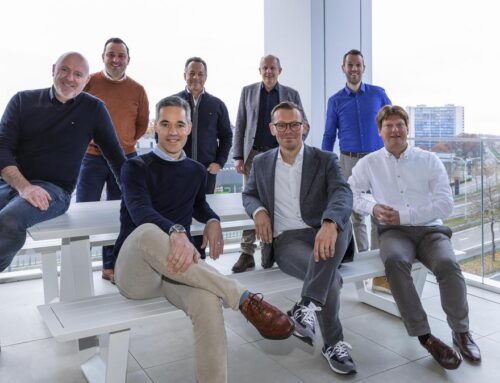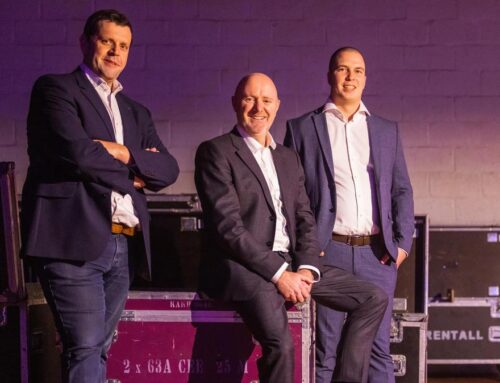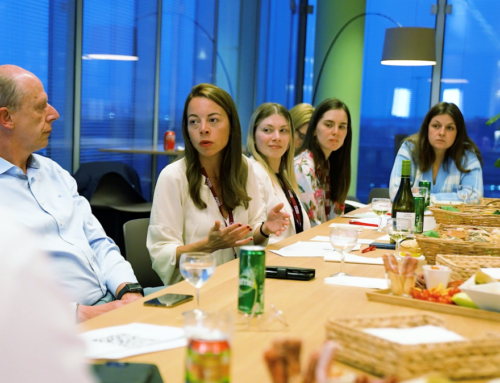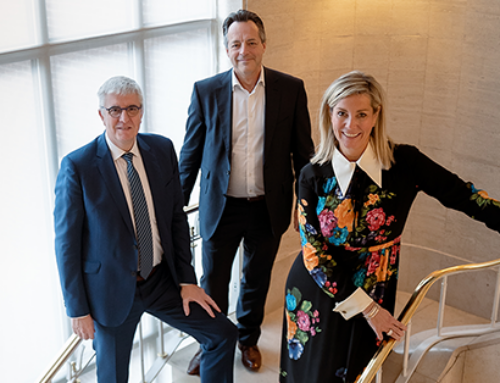Shock-resistant handling of scarcity
Peter Van Laer, CEO BDO Belgium
After a long period without real scarcity, our economy is struggling today. But it actually has been struggling since the COVID-19 pandemic, with shortages that we have not seen since the 70s. Fifty years ago, it was thought that technology and science could prevent scarcity. As a technology optimist, I want to continue to believe in this. But there are also elements that, despite a lot of human ingenuity, we can’t control. Such as the coronavirus pandemic and geopolitical tensions with the ongoing war in Ukraine as a sad culmination. The consequences can be felt with a shortage of raw materials, unreliable supply chains and rising prices, especially for energy, resulting in soaring inflation. The uncertainties and rising, unpredictable costs dampen investment appetite. Europe still needs to respond to the US Inflation Reduction Act (IRA) and roll out the Chips Act to support a future-oriented and sustainable industrial (growth) policy.
It is important to take steps that in the short term support business continuity and yet proactively support the long-term strategy towards a sustainable business model. In other words, how do you, as a company or government, find and unite the coveted talent that is becoming increasingly scarce? How do you keep the growing energy and climate costs under control without doing business less sustainably? How do you (re)organise the supply and value chain for your company in times of scarcity in such a way that you guarantee continuity and employment and keep clients happy today, but also in the longer term?
“Striving for a sustainable, liveable world is not a game of profit or loss.”
Right to exist
It is indeed clear that scarcity is directing our attention. Whether it’s a lack of time, money, resources, social contacts… Scarcity has a certain advantage: it generates focus and concentration. For example, it is no coincidence that we can perform better when a deadline (scarcity of time) is approaching. But there is also a danger: scarcity causes tunnel vision and limits our ability to think. A unilateral concentration on the scarcity problem means that you neglect, underestimate or displace other, perhaps more relevant longer-term objectives because they do not feel urgent. Solutions outside the tunnel are not or less included in our decision-making process.
If we are more aware of the effects of scarcity on our ability to think, we will be better equipped to look together for alternatives to optimally protect you and our company against the effects of scarcity, shocks and stresses of future, imminent and distant events. Or, conversely, to convert as many of the opportunities created by these same events into sustainable added value.
Planetary boundaries are under intense pressure, raw material stocks are dwindling, too much and diverse talent is under-utilised, and too many people are left to their own devices. Meaning companies, organisations, and governments must transcend their tunnel vision and plan for the long term. Striving for a sustainable, liveable world is not a game of profit or loss. The fundamental shift is inevitable.
It takes vision and leadership to make the right decisions that create tangible value in a context with more uncertainties than certainties. We need to recognise that a shock-resistant and profitable business model with a positive impact on society can only succeed if we keep the long-term goals in mind and execute the short-term actions with an awareness of our tunnel vision. After all, a company that cannot explain what it does to influence the world’s challenges in a positive way will lose its right to exist in the long term.



